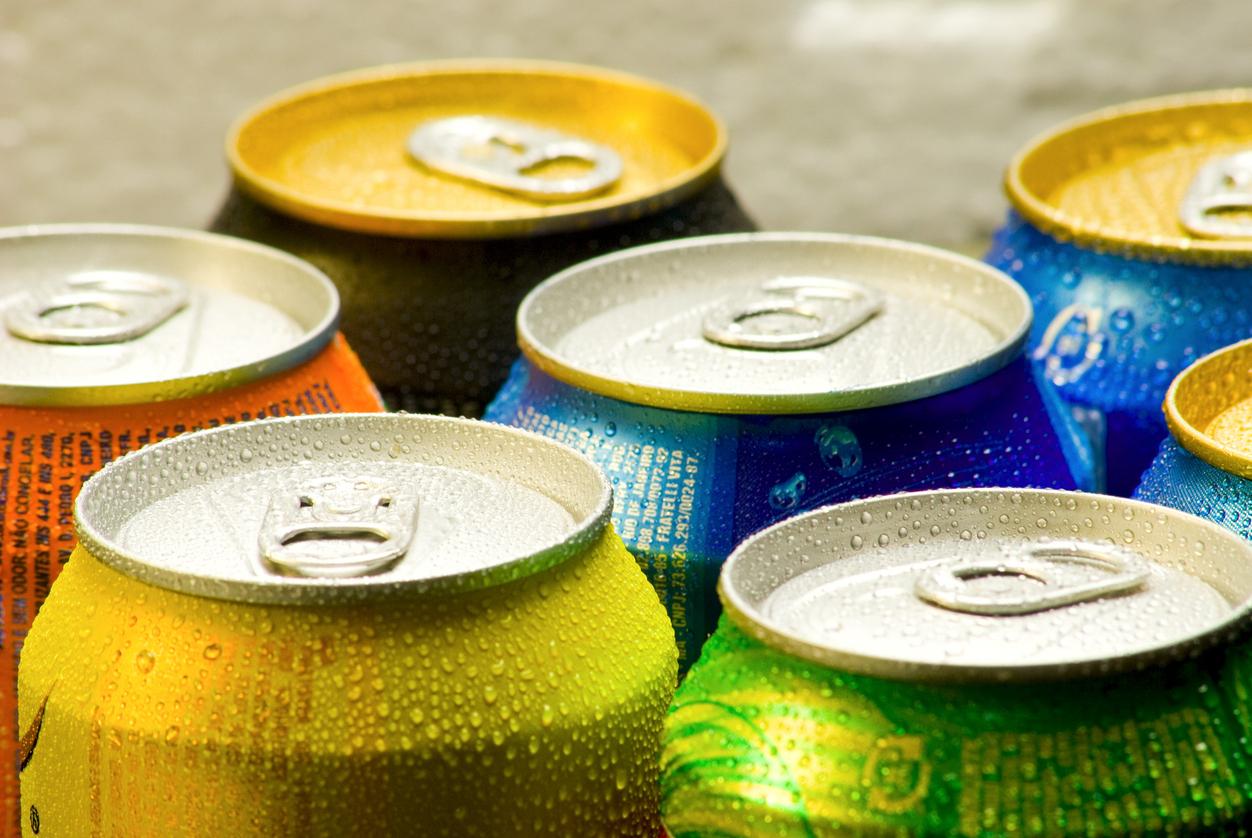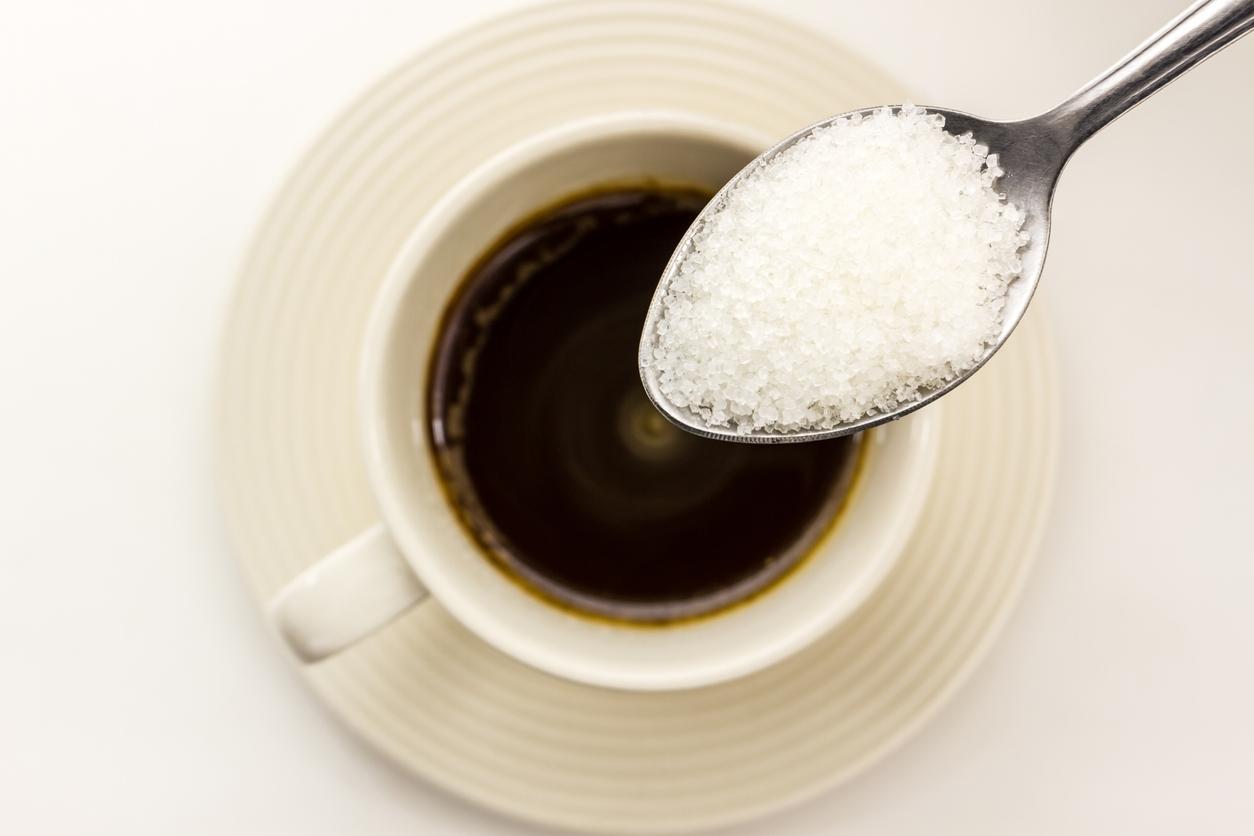A new international study links millions of cases of diabetes and cardiovascular disease to the consumption of sodas and other sugary drinks, devoid of nutritional value.

- Sugary drinks, responsible for blood sugar spikes and metabolic disorders, cause 2.2 million new cases of type 2 diabetes and 1.2 million cardiovascular diseases each year, according to an American study.
- Developing countries, such as Colombia, Mexico and South Africa, are particularly affected, with high rates of diabetes attributed to soda.
- Researchers call for urgent actions, such as taxes, educational campaigns and regulations to stem this global crisis.
Sugary, fast-digesting drinks cause spikes in blood sugar levels and, over the long term, promote weight gain, insulin resistance and other metabolic disorders. These health problems are closely linked to type 2 diabetes and heart disease, two of the main causes of death in the world.
Every year, 2.2 million new cases of diabetes and 1.2 million cardiovascular diseases are attributable to soda consumption, according to a study published in the journal Nature Medicine by nutrition researchers from Tufts University, in the United States. Alarming figures which illustrate the global impact of these drinks which are often devoid of nutritional value.
The scourge of soda in developing countries
Developing countries are particularly affected. In sub-Saharan Africa, more than 21% of new cases of diabetes are linked to sodas. In Latin America and the Caribbean, these drinks contribute to almost 24% of new cases of diabetes and more than 11% of cardiovascular diseases. Countries like Colombia, Mexico and South Africa are among the most affected. For example, in Colombia, nearly 48% of new cases of diabetes are attributable to sodas, compared to a third in Mexico and 27.6% in South Africa.
“Sugary drinks are massively marketed in low- and middle-income countries. These populations consume these harmful products while being less equipped to deal with their long-term consequences”explains Dariush Mozaffarian, director of the American Food is Medicine institute, in a press release. Indeed, increasing incomes and economic development make these drinks more accessible and attractive. Men and young adults appear to be most affected, highlighting the need to target these groups in prevention campaigns.

What solutions to stop the crisis?
Faced with this crisis, researchers are calling for global interventions: public health campaigns, advertising regulation and taxation of sugary drinks. They give the example of Mexico, which introduced a tax on these products in 2014, which helped reduce their consumption, particularly among low-income populations.
In France, last November, senators voted, like the deputies before them, for an increase in the tax on sugary drinks or “soda tax”established in 2012. “We have a very worrying epidemic of type 2 diabetes and obesity, with a cost for Health Insurance. […] Soda is sugar cubes in a large glass. We really need to regulate this.”had defended the then Minister of Health, Geneviève Darrieussecq. Each year, a French person consumes on average more than 21 liters of these sugary drinks.

















